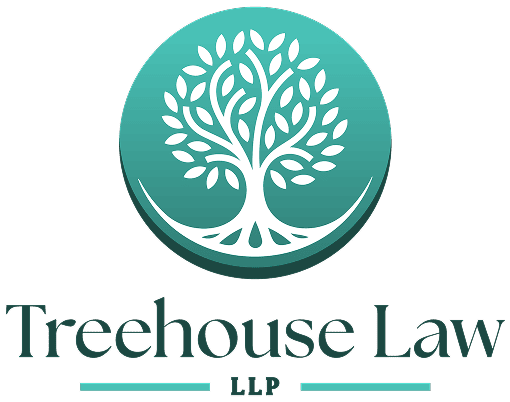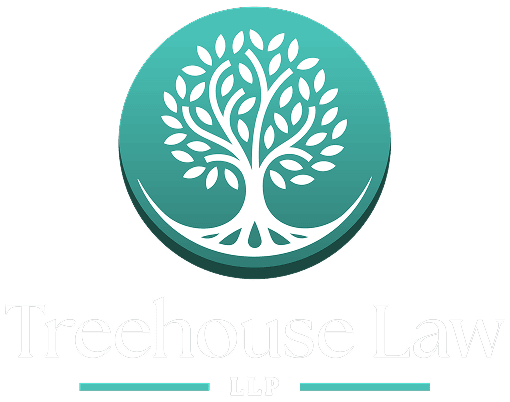Menu


For decades, consumer class actions have been anchored by claims under the California Consumers Legal Remedies Act (“CLRA”). These claims hinge on the “reasonable consumer” standard, under which a plaintiff must “show that ‘members of the public are likely to be deceived.’” Williams v. Gerber Prods. Co., 552 F.3d 934, 938 (9th Cir. 2008) (quoting Freeman v. Time, Inc., 68 F.3d 285, 289 (9th Cir.1995)). This has long been the yardstick for evaluating false advertising claims.
Unfortunately for plaintiffs, the CLRA is not always the best avenue for challenging unlawful marketing practices. California courts have applied the reasonable consumer test inconsistently, making litigation costly and unpredictable for both sides. For example, when deciding whether a CLRA claim may proceed, courts disagree on which statements or images must have been seen and relied on, and how to determine which aspect or aspects of a product’s packaging contributes to the deception.
Lurking in the background of many consumer class actions are claims under California’s Unfair Competition Law, or the “UCL”. Historically, the UCL has played a supporting role, rarely taking center stage, and often buried as a fourth, fifth, or sixth cause of action.
That is beginning to change. Recently a new kind of class action has emerged. Specifically, the class action premised solely on a UCL claim. This simple, streamlined approach to consumer class actions could dramatically change the landscape of consumer class actions.
Why the UCL Matters
The analysis under the “unlawful” prong of the UCL can often be straightforward—has there been a violation of an underlying law, statute, or regulation? If so, the UCL creates a private right of action, allowing consumers to enforce compliance with California’s law and parallel federal laws.
While the UCL may not cover every instance of false advertising, it can often serve as the best vehicle to challenge a company’s unlawful practices. One example is leveraging the UCL to enforce California’s Sherman Law, which parallels the FDA’s Federal Food, Drug and Cosmetic Act and gives citizens the right to enforce food-labeling requirements such as the Nutrition Labeling and Education Act, or the “NLEA”.
Case Spotlight: Swartz v. Dave’s Killer Bread
The recent decision against Dave’s Killer Bread demonstrates the viability of certifying a class based solely on a UCL claim. In Dave’s, plaintiffs brought claims on behalf of consumers who paid a price premium for loafs of bread that made an unlawful protein claim in violation of the NLEA. See Swartz v. Dave's Killer Bread, Inc., No. 4:21-CV-10053-YGR, 2024 WL 4614551, at *5 (N.D. Cal. Sept. 20, 2024).
The court’s analysis of plaintiffs’ motion for class certification highlighted the benefits of this streamlined approach to consumer class actions. If the claim had proceeded under the CLRA, the court would have needed to evaluate complex questions of consumer deception including whether plaintiffs’ consumer survey adequately assessed consumer deception (e.g., whether plaintiffs’ experts considered and appropriately isolated the correct elements of the label), and whether their damages’ model lined up with their theory of deception.
Instead, under the UCL, the question was much simpler: did the product make an unlawful claim? Because it did, plaintiffs were entitled to seek “restitution of any amount of money ‘which may have been acquired by means of such’ unlawful conduct.” Id. at *5.
The damages analysis was equally straight forward—are consumers willing to pay more based on the unlawful claim? Instead of isolating the deceptive elements, plaintiffs’ expert could simply estimate the price premium by “measuring the cost of complying with the regulation” by omitting the unlawful front label protein claim in a conjoint analysis. Id. at *4. Notably, the Court rejected defendant’s criticism that such a survey failed to “account[] for whether some consumers were or were not misled” because “[w]hether consumers were misled is not relevant to plaintiff's theory[.]” Id. at *10.
Application to Our Practice
This approach to consumer class actions offers an efficient avenue for litigation. At Treehouse Law, we are excited about the possibility of utilizing the UCL to hold corporations accountable for their unlawful conduct, and vindicate the rights of consumers who have been deceived by such false advertising.